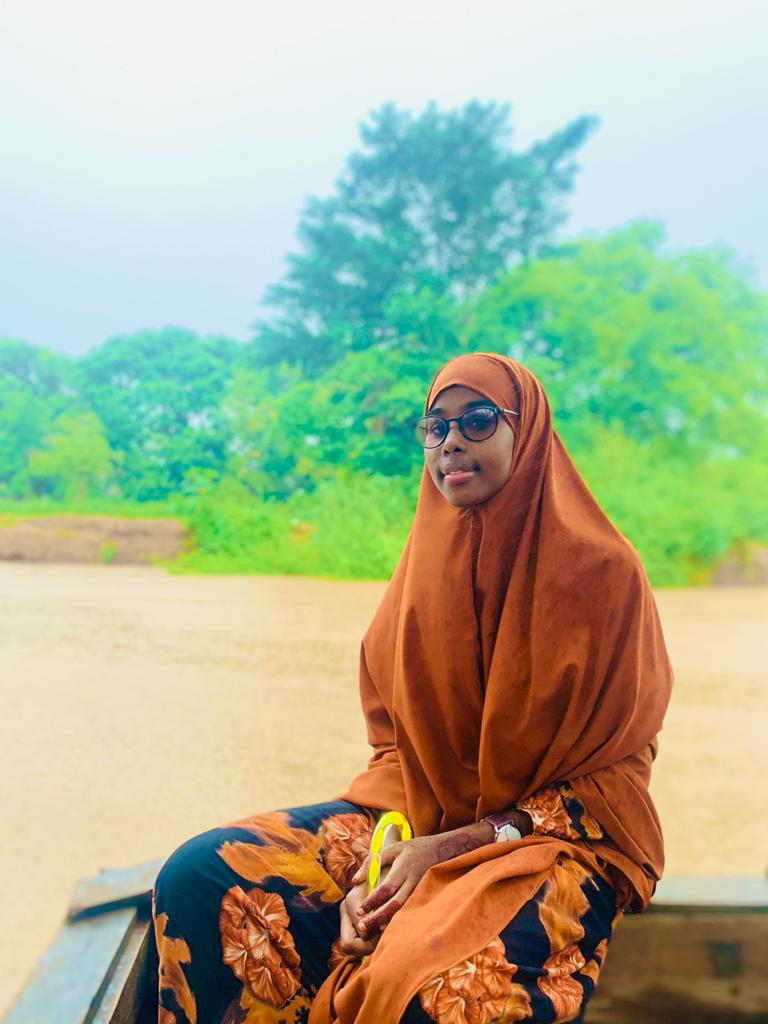The hushed intensity of their conversation snagged my attention. She leaned closer to her friends, a strange glint in her eyes, and uttered words that hung heavy in the air: ‘I’ll use my womanhood to solve this.’ That single phrase ignited a burning curiosity within me, a need to unravel the mystery of her words—a mystery that soon turned to shock. What was this ‘womanhood’ she spoke of, and why did its use seem to complicate, rather than clarify, the situation? The more I listened, the more unsettling the conversation became, pulling me into a debate I never expected to witness. The word ‘womanhood’ dropped again, like a stone, creating ripples of shock and confusion. She claimed that the solution to this is for her womanhood. (An issue between them). I had to know more. And since I wasn’t sitting with them, I had to listen secretly, like a spy.
The conversation took a sharp turn, disorienting me. Doubts assailed me: What was the true subject of their intense exchange? My cooling coffee stood as a silent witness as I surrendered to the allure of gossip, cupping my face in my hands. Slowly, painstakingly, the pieces began to assemble themselves. They were plotting an imminent act, a “next step,” fueled by a belief that the only path forward lay in exploiting “womanhood” through flirtation and calculated feminine charm. That sent my head spinning.
This felt fundamentally wrong. It forced me to confront the meaning of ‘Naagnimo.’ What was this ‘femininity’ they spoke of? Was it merely a reduction to body parts? Was that the real meaning of womanhood? Was that the entirety of womanhood? Was it true that womanhood was only for manipulation and deception? A wave of disbelief washed over me. As a woman, couldn’t I solve my problems as a person, with intellect and agency? Was a woman’s only recourse to diminish herself, to trade her dignity for acceptance? Was womanhood truly so degrading? Did I have to debase myself to prove my worth? No, this was madness! It echoed some things that people sometimes say about women, which I strongly oppose.
And it’s true – this is precisely what I meant. I reject the vague notions that equate womanhood with mere physicality, to the objectification of the female body. I criticize the harmful belief that girls should prioritize ‘femininity’ above all else, the misguided push for absolute sameness between men and women, and the toxic ‘man-hating’ that breeds figures like ‘Arawelo.’ But my point is that womanhood, when understood in its fullness, transcends the superficial. It’s not defined by physical attributes or deceptive facades, not restriction and not her body or beauty but her personality and the rich inner tapestry of a woman’s being—her sharp intellect, her boundless creativity, and the countless other virtues that deserve celebration.
My mother, that wellspring of wisdom, understood this. When the world threatened to crush my spirit, she’d whisper, ‘ Naag iska dhig, is noolee oo is adkee. ‘ Be strong, embrace your womanhood, live with purpose, and be resilient. For years, I misconstrued her words, wondering if she doubted my very identity as a woman. But now, I understand. She was urging me to claim the true womanhood, the one that transcends the superficial. And that, my dears, is my fervent plea to you. Be real girls—and don’t be deceptive! that is not a sign of good personality. Embrace the fullness of your being. God, in His infinite wisdom, created us distinct, with unique roles and responsibilities. True strength lies not in mimicking men, but in honoring that divine design, in living with dignity and purpose. Womanhood is not a cage, but a crown. Adorn yourself with intelligence, cultivate knowledge, and sharpen your mind. Embrace curiosity, question assumptions, and nurture a positive spirit. This is the path to inner peace, to the unveiling of the hidden truths that lie within you.




Self-confidence, empowerment, respect for others, breaking stereotypes, self-care, supporting community, learning mindset, growth: embracing authenticity, advocacy and activism are all the things I hope that being Naaganimo will build up their ups and downs. it is really important that ladies should feel comfortable and empowered in their own identity and they should live in a life and in a way that aligns with their values and beliefs.
I believe women and girls, in particular, are socialized to analyze and police our decisions, ideas, initiatives, and failures to such an extreme that it can be immobilizing from launching or trying again…
As women growing up, they are shown that if they take up ‘too much’ space in a meeting or conversation or room or organization, they are labeled as ‘overbearing,’ ‘hawkish,’ or ‘shrill.’ Meanwhile, men who speak up are considered ‘strong leaders.’ We see the same norm in media images and the conversations that happen around us from a young age, and what’s reinforced is, “good girls play small and support the other people (particularly the cisgender men) to play big,’”